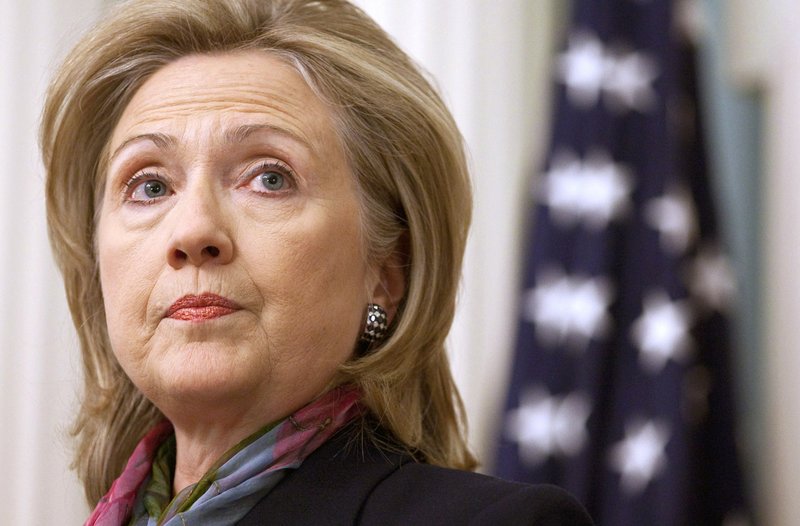WASHINGTON — The Obama administration sought Monday to dilute the fallout from the disclosure of more than 250,000 State Department cables, insisting that strong foreign partnerships could withstand the damage and that the leaks will not force any U.S. policy changes.
Some senior officials noted that the documents released by the Web site WikiLeaks portrayed an administration that was as tough on problem states such as Iran and North Korea in private as it tries to be in public.
But many acknowledged a far more disturbing reality, in which foreign governments will become far less open in their dealings with U.S. officials, and American diplomats will temper the information they send to Washington.
The leaks could undercut future attempts to discuss sensitive issues with other governments. One cable, sent from Seoul in February, revealed South Korean planning for the imminent fall of the North Korean government, complicating any future talks with Pyongyang.
Other cables, including disclosures of China’s apparent brush-off of repeated U.S. attempts to stop its transfer of sensitive equipment to Iran and North Korea, could force a confrontation between the administration and lawmakers impatient for progress with Beijing.
Although national security adviser Thomas Donilon made a number of calls to his counterparts overseas on the issue, the White House referred substantive questions about the documents to the State Department.
Secretary of State Hillary Rodham Clinton, in a statement before she left on an overseas trip to Central Asia and the Persian Gulf, said that “the United States deeply regrets the disclosure of any information that was intended to be confidential.” But, she said, “I am confident that the partnerships that the Obama administration has worked so hard to build will withstand this challenge.”
The cables report conversations with kings, presidents and foreign ministers ranging from discussions on complicated international issues, complaints about U.S. policy and negotiations on aid and arms sales, to depictions of leaders encouraging attacks on one another’s countries and calling one another liars. U.S. diplomats, in remarks clearly never intended to see the light of day, assess the credibility and personalities of close allies.
Yemeni President Ali Abdullah Saleh, who has told his own country that attacks against terrorist targets there were conducted by Yemen’s air force, discussed what were actually U.S. airstrikes at length with Gen. David Petraeus, then head of the U.S. Central Command, according to a memo recounting their January meeting.
Saleh “praised” the strikes that took place in December, the cable said, but complained that the Americans had killed too many civilians, an assessment with which Petraeus took issue. Saleh “did not have any objection, however, to General Petraeus’s proposal to move away from the use of cruise missiles and instead have U.S. fixed-wing bombers circle outside Yemeni territory, ‘out of sight,’” the cable said.
“We’ll continue saying the bombs are ours, not yours,” Saleh said, according to the cable.
Beyond the outrage and headlines already spreading abroad was the knowledge that there were many more revelations to come. In its initial Web postings over the weekend, WikiLeaks released only a small fraction of the more than 250,000 documents it has said it will eventually publish, nearly all of them from the George W. Bush and Obama administrations. The New York Times, one of several news organizations that have received access to the documents, said in Monday’s edition that it planned nine days of coverage.
A senior Arab official said governments in his part of the world were less concerned about what the revelations will mean for their relations with the United States than about their own region.
“Even the Latin Americans are concerned,” said a senior congressional aide. According to WikiLeaks, upcoming releases include thousands of State Department cables concerning countries such as Venezuela and Colombia, which have complicated relations with the United States and with one another.
Copy the Story Link
Send questions/comments to the editors.



Success. Please wait for the page to reload. If the page does not reload within 5 seconds, please refresh the page.
Enter your email and password to access comments.
Hi, to comment on stories you must . This profile is in addition to your subscription and website login.
Already have a commenting profile? .
Invalid username/password.
Please check your email to confirm and complete your registration.
Only subscribers are eligible to post comments. Please subscribe or login first for digital access. Here’s why.
Use the form below to reset your password. When you've submitted your account email, we will send an email with a reset code.